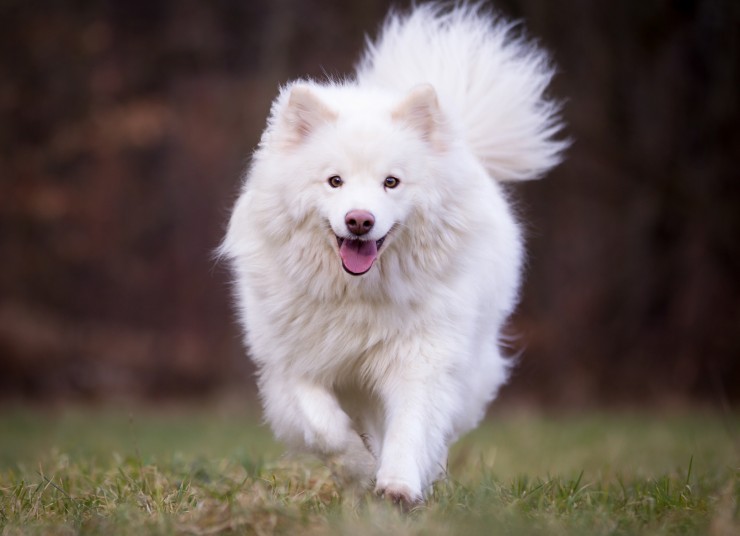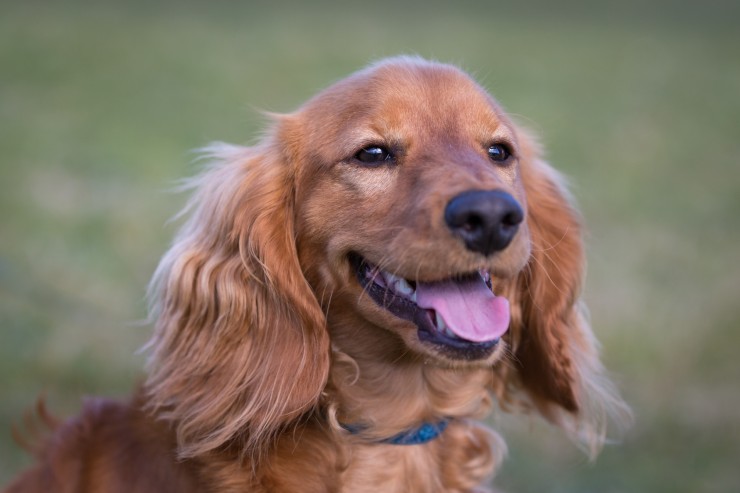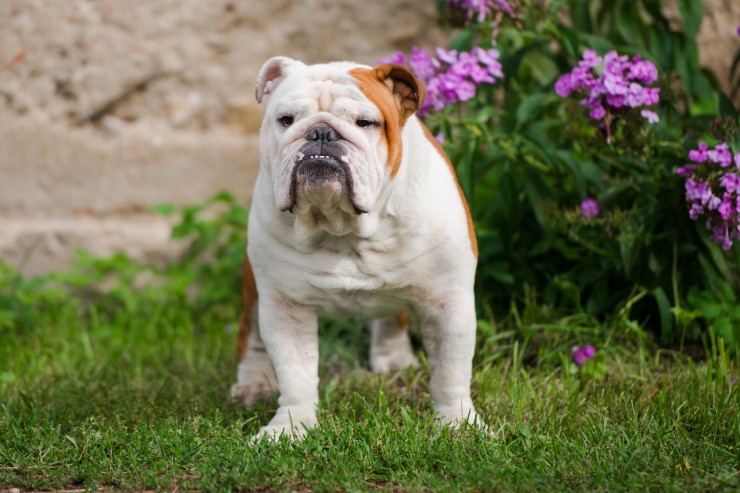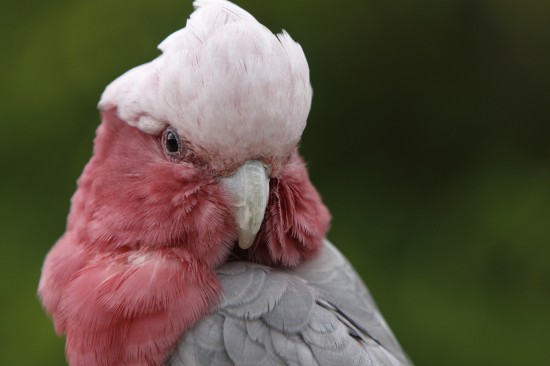

As anyone who has lived with a snoring partner will know, listening to someone snoring away while you are trying to sleep can be very distracting, and may lead to long nights spent lying awake due to the noise! This can also be true if your dog is a snorer as well, and many dog owners despair of ever being able to get a good night’s sleep when their dog is in the same room or within earshot!
While snoring dogs are often annoying and of course, noisy, snoring can be caused by certain health and conformation issues, which can in some cases be corrected or worked with to alleviate noisy breathing when asleep.
So, can you actually do anything to stop your dog from snoring, or make their slumber quieter? Possibly! Read on to find out more about dog snoring, and some suggestions on how to stop or alleviate it.
Snoring is caused by an obstruction within either the nostrils or nasal passages of the dog, which leads to a vibration when air passes over the obstruction, causing it to vibrate and produce the snoring sound. The obstruction itself can range from simple excess fat in overweight dogs, to a range of other things including stenotic nares, mucous and snot, and the tongue relaxing and occluding the airway when asleep.
Many breeds of dog that have short, brachycephalic muzzles will snore quite heavily, as well as potentially being rather noisy when breathing whilst awake as well. However, this does not necessarily mean that this is ok just because it is possibly a breed trait, and the owners of brachycephalic dogs such as the Pug, Boxer and Boston terrier among others should all get their dogs checked out by the vet to ensure that their breathing is normal and healthy.
As mentioned, certain conformation shapes make certain dogs predisposed to snoring, as does being overweight or having an obstruction within the airways. However, there are a range of other factors that can lead to snoring as well, including:
So, what can you do to lessen or stop your dog snoring? There are various things that you can try, and working it all out can be a simple process of trial and error.
Your first step should be getting your dog checked out by your vet, to find out if their conformation or something physical is leading to their laboured breathing, and how much of a problem this really is. Whilst most brachycephalic breeds of dog will snore to some extent, the shorter their muzzle, the more likely this is to happen. For dogs whose short noses cause them real problems when it comes to breathing comfortably, staying cool and getting a good night’s sleep, surgery may be required to clear the nasal passages, remove any obstructions, or cut down excess skin that is occluding the airways.
If your vet has checked your dog out and is happy that their general conformation and breathing are ok, and that snoring is nothing more than a noisy inconvenience, you might want to try out some of the following ideas to reduce snoring.
 Is A Finnish Lapphund The Right Dog For You?
Is A Finnish Lapp
Is A Finnish Lapphund The Right Dog For You?
Is A Finnish Lapp
 Choose ideal chicken houses and give your chicken the home it needs
Choose ideal chicken houses and give your chicken the home
Choose ideal chicken houses and give your chicken the home it needs
Choose ideal chicken houses and give your chicken the home
 Can Dna Testing Help To Diagnose Certain Canine Diseases?
Can Dna Testing H
Can Dna Testing Help To Diagnose Certain Canine Diseases?
Can Dna Testing H
 Urge Incontinence Or Bladder Spasms In The Dog
Urge Incontinence
Urge Incontinence Or Bladder Spasms In The Dog
Urge Incontinence
 Galah Cockatoo
Galah Cockatoo
Galah Cockatoo
Galah Cockatoo
Copyright © 2005-2016 Pet Information All Rights Reserved
Contact us: www162date@outlook.com